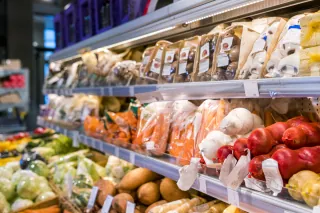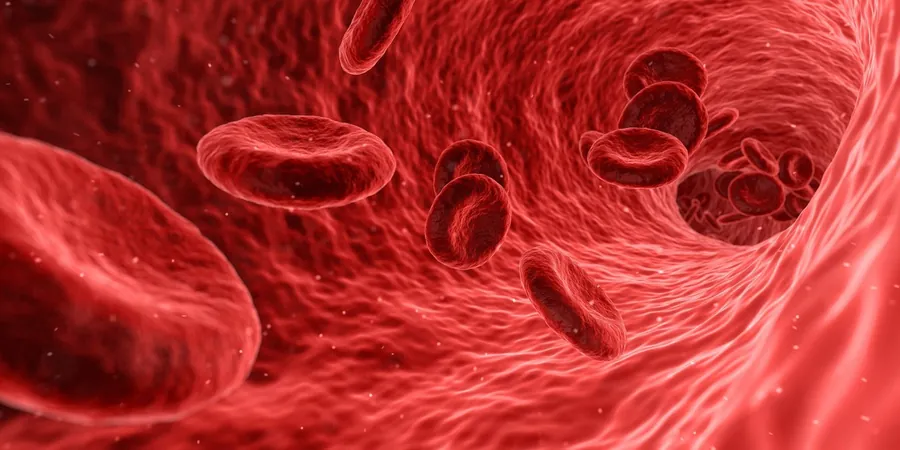
Beware: BPA Replacements Could Spell Trouble for Your Health!
2025-08-26
Author: William
A groundbreaking study from McGill University has unveiled alarming concerns about the safety of chemicals used to replace bisphenol A (BPA) in food packaging. These substitutes, which are found in common items like price stickers on meat and cheese, may pose significant risks to human ovarian cells.
Shocking Discovery Reveals Toxic Potential!
Published in the journal Toxicological Sciences, this eye-opening research highlighted troubling signs of potential toxicity in four BPA replacements: TGSA, D-8, PF-201, and bisphenol S (BPS). The findings have prompted serious questions about whether current regulations are adequate to keep consumers safe.
The Hidden Dangers of Packaging
The investigation was sparked by the alarming results of previous research by Stéphane Bayen, a prominent Associate Professor at McGill, who found that label-printing compounds like BPS were leaching harmful chemicals into our food. Collaborating with experts in reproductive toxicology, Bayen’s team has now confirmed that these alternatives can disrupt vital cellular functions.
“These are major cellular functions,” stated Bernard Robaire, co-senior author and expert in pharmacology. “While these findings don’t definitively indicate harm in humans, they send a strong signal that more research is necessary.”
The BPA-Free Myth: What You Need to Know!
BPA, known for its hormone-disrupting effects, has already been linked to fertility issues and developmental problems and is banned in specific products in Canada, such as baby bottles. But the sad truth is that many replacements for BPA are neither regulated nor tested for safety, leading researchers to call the label "BPA-free" misleading. “It usually means one bisphenol has been swapped for another,” warned Robaire. “With over 200 possible substitutes, some could be as harmful or worse.”
Take Precautions: Tips for Consumers!
In light of these unsettling findings, Health Canada has officially added the four chemicals identified in the study to the list of substances requiring further investigation. For those interested in protecting their health, Robaire recommends practical tips: remove labels and plastic wrap before storing fresh foods and pick items from the top of display piles to reduce exposure to potentially harmful chemicals.
What's Next?
This pivotal study, titled "High-content imaging and transcriptomic analyses of the effects of bisphenol S and alternative color developers on KGN granulosa cells," was spearheaded by researchers Lama Iskandarani, Stéphane Bayen, Barbara Hales, and Bernard Robaire, with support from the McGill Sustainability Systems Initiative. As regulatory bodies begin to take notice, consumers are urged to stay informed and cautious.









 Brasil (PT)
Brasil (PT)
 Canada (EN)
Canada (EN)
 Chile (ES)
Chile (ES)
 Česko (CS)
Česko (CS)
 대한민국 (KO)
대한민국 (KO)
 España (ES)
España (ES)
 France (FR)
France (FR)
 Hong Kong (EN)
Hong Kong (EN)
 Italia (IT)
Italia (IT)
 日本 (JA)
日本 (JA)
 Magyarország (HU)
Magyarország (HU)
 Norge (NO)
Norge (NO)
 Polska (PL)
Polska (PL)
 Schweiz (DE)
Schweiz (DE)
 Singapore (EN)
Singapore (EN)
 Sverige (SV)
Sverige (SV)
 Suomi (FI)
Suomi (FI)
 Türkiye (TR)
Türkiye (TR)
 الإمارات العربية المتحدة (AR)
الإمارات العربية المتحدة (AR)